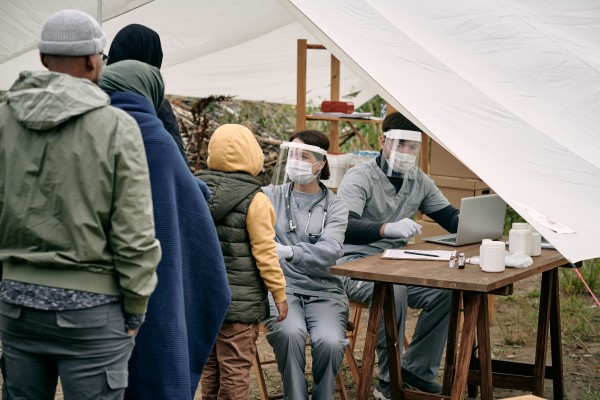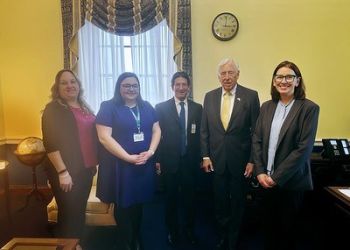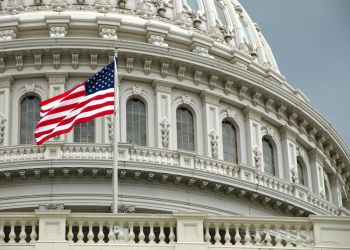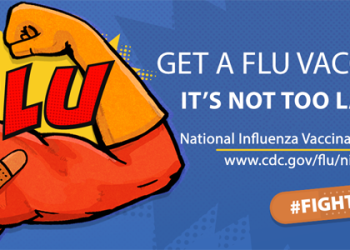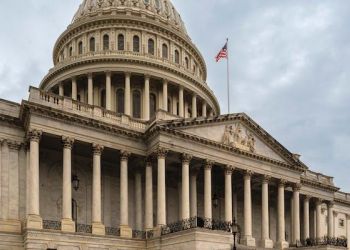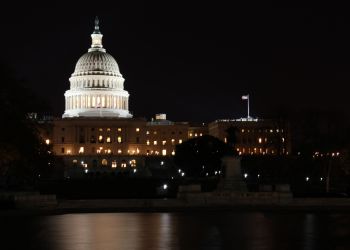The first Monkeypox, MPOX, case in the United States came on the heels of the COVID-19 pandemic, May 17, 2022. After a raise in reported cases, MPOX was declared a public health emergency in the United States on August 4, 2022.
New data shows that the current MPOX outbreak is disproportionately affecting people living with HIV and those experiencing homelessness. This population meets eligibility requirements for assistance through HUD’s Housing Opportunities for Persons With AIDS (HOPWA) and Homeless Assistance programs.
In the Morbidity and Mortality Weekly Report (MMWR), by the Centers for Disease Control and Prevention (CDC) released on October 26, 2022, evidence from a study that shows people living with HIV and individuals experiencing homelessness are highly impacted with the most severe cases of MPOX. More about this study can be found at the end of this blog.
To prevent and mitigate cases of severe MPOX, we need to place these individuals in homes; linked to appropriate HIV treatment; connected to mental health and substance use service; and vaccinated against MPOX. Housing should be used as a catalyst to reconnect individuals HIV treatment, to ensure an antiretroviral therapy regimen is maintained.
Both Housing Opportunities for Persons with AIDS (HOPWA) and the Homeless Assistance Programs, such as the Continuum of Care (CoC) and Emergency Solutions Grants (ESG) Programs, can fund housing and supportive services for individuals most vulnerable to MPOX infection. Individuals and families who have HIV and who are experiencing homelessness are eligible for assistance under these programs.
Additional Funding Opportunity: Public Health Crisis Response Cooperative Agreement Department of Health and Human Services Centers for Disease Control - OPHPR
HOPWA funding can be used to aid individuals or families experiencing homelessness or at risk of homelessness. The only eligibility requirements are the family qualifies as low income and has at least one member who is living with HIV.
Call to Action:
We encourage our local health departments to determine which HUD funding sources are currently available to reach those most vulnerable to MPOX infection in your communities. Start by checking out resources from HUD and partners at HRSA’s Ryan White HIV/AIDS Program, SAMHSA, and CDC for needed medical, mental health, and substance use services for people living with HIV and homelessness.
Following are examples of how to use HOPWA and Homeless Assistance programs to serve those most vulnerable to MPX infection and severe health outcomes.
Immediate link to housing through hotel or motel vouchers
- HOPWA: HOPWA funds (formula, competitive, and CARES Act) can be used to pay for a hotel or motel voucher for HOPWA-eligible individual or family who is homeless or in immediate need of housing support to stabilize the individual and get them connected to HIV care, MPX vaccination, supportive services, and stable housing. Generally, HUD recommends that grantees and project sponsors limit hotel/motel stays under HOPWA to no more than 60 days in a six-month period.
- ESG: Annual ESG funds not used to prevent, prepare for, respond to, and mitigate the impacts of COVID-19 can be used to pay for a hotel or motel voucher for a family or individual with a contagious disease if no appropriate emergency shelter is available. See Notice CPD-21-08 for additional ways that ESG-CV can be used to support MPX response efforts, including funding for isolation in non-congregate shelter spaces.
Eligible activities to prepare for and respond to infectious diseases including MPX
- HOPWA: Using HOPWA Program Funds for Infectious Disease Preparedness and Response (hud.gov).
- ESG: Eligible ESG Program Costs for Infectious Disease Preparedness (hudexchange.info).
Related Resources for MPX
- Infectious Disease Prevention and Response - page on the HUD Exchange.
- Infectious Disease Toolkit for CoCs - provides guidance for planning and responding to infectious diseases.
NACCHO joins the CDC and our federal colleagues in this call-to-action, we need to continue an aggressive and comprehensive approach to address MPOX, HIV, sexually transmitted infection (STI), homelessness, and mental health together. HIV prevention and care mitigates the impact of MPOX on the health of individuals living with or at-risk for both infections. Access to these critical resources is paramount to the lives of these individuals and families.
If your community needs assistance navigating a response to a current MPOX outbreak, technical assistance (TA) is available to support planning, program development, and problem-solving.
Grantees and other stakeholders in need of TA may submit an online request through the HUD Exchange at: https://www.hudexchange.info/p... Grantees, sub-recipients, and project sponsors may also ask program, policy, and other questions through the Ask A Question (AAQ) portal.
Facts from the study:
Of the sample of people with severe MPOX disease, 82% were people also living with HIV and 23% were people experiencing homelessness. Further, 72% of the severe MPOX cases among people living with HIV had <50 CD4 cells/mm3. *A person with HIV is considered to have progressed to AIDS when their CD4 cells drop below 200 CD4 cells/mm3. A CD4 cell count of <50 CD4 cells/mm3 indicates a badly damaged immune system. This is a likely sign that a person living with HIV is not maintaining their infection with antiretroviral therapy. In this study, just 9% of these patients were taking antiretrovirals at the time of their MPX diagnosis. The full study can be accessed here.
